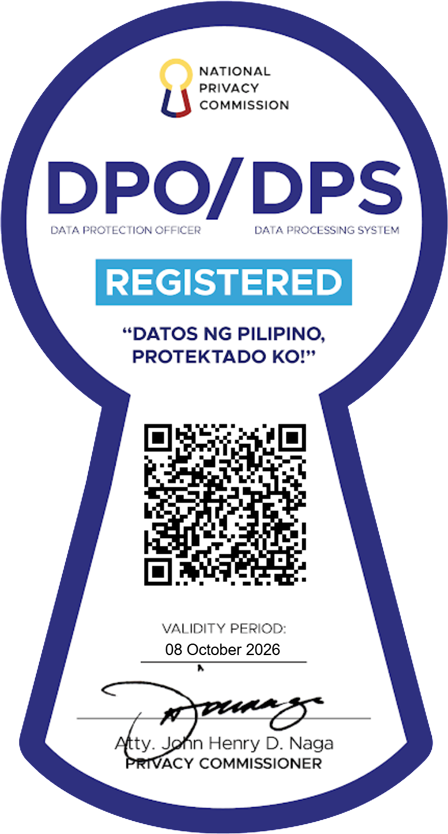Why Condoms Are Still One of the Most Reliable Protection Methods in the Philippines
Tinatayang oras ng pagbabasa: 6 na minuto
Mga Pangunahing Takeaway
- Mga condom are highly effective in preventing pregnancies and STIs when used correctly.
- Accessibility to condoms is crucial for sexual and reproductive health.
- Overcoming cultural stigmas and barriers to condom use remains an ongoing challenge.
- Comprehensive sex education significantly improves health outcomes.
Talaan ng nilalaman
Sexual and reproductive health remains a crucial aspect of public health in the Philippines, especially in the face of rising teenage pregnancies and sexually transmitted infections (STIs). Among the myriad of preventive measures,
condom stand out as a remarkably effective means of safeguarding individuals against these health issues. This article delves into why
condom, a cornerstone of ligtas na pagtatalik or safe sex, continue to be a dependable choice for many Filipinos.
Importance of Using Condoms for Safe Sex
Ligtas na pagtatalik, or safe sex, is essential in controlling the spread of STIs and preventing unwanted pregnancies. Condoms play a significant role here, acting as a physical barrier that prevents the exchange of bodily fluids during sexual activity.
- Ang pagiging epektibo: Clinical studies consistently show that when used correctly, condoms are 98% effective in preventing pregnancies and greatly reduce the risk of STIs like HIV, gonorrhea, and chlamydia. See more dito.
- Accessibility: Unlike some other forms of contraception, condoms are readily available and do not require a prescription, making them an accessible choice for many. Find more information dito.
Condoms not only provide a mechanical barrier against transmission but also empower individuals to take control of their sexual health without significant preparation or medical intervention. Reference: Healthline
Access and Availability of Condoms in the Philippines
Despite their effectiveness, the journey to widespread condom accessibility in the Philippines is fraught with challenges, from cultural stigma to logistic barriers. However, progress is being made thanks to concerted efforts from various sectors.
- Government and NGO Initiatives: Efforts to distribute free condoms and offer sexual health education are crucial steps toward improving public health outcomes. The implementation of the Reproductive Health Law (RA 10354) has been a significant move towards increasing the accessibility of condoms and related education. See more dito at dito.
- Cultural Barriers: Overcoming deep-seated stigmas associated with buying and using condoms is still an ongoing process. Education plays a pivotal role in normalizing condom use among the broader population.
Overcoming Stigmas and Barriers to Condom Use
Stigma and misconceptions about condoms can deter their use, contributing to higher rates of STIs and unintended pregnancies.
- Public Health Campaigns: Strategic communication and education campaigns are vital in changing public perceptions about condoms. Dispelling myths and providing factual information can help increase acceptance and usage.
- Success Stories: Programs that have successfully increased condom usage often involve community leaders and leverage local media to spread positive messages about their benefits, emphasizing that condom use is a responsible health decision. References: PIDS at TRUST.
Benefits Beyond Pregnancy Prevention
Condoms have numerous benefits beyond just preventing pregnancy. Understanding and communicating these benefits can help further encourage their use among Filipinos, especially in combating the HIV epidemic.
- Disease Prevention: Apart from HIV, condoms help prevent other serious STIs like herpes and HPV, which can lead to health complications like cervical cancer.
- Educational Impact: Comprehensive sex education that includes information about the dual benefits of condoms can lead to better health outcomes and more informed decision-making among youths. See more dito at dito.
Conclusion
The vital role of condoms in achieving ligtas na pagtatalik and enhancing public health in the Philippines cannot be overstated. As a community, it is imperative to support initiatives that advocate for not only the access to but also the understanding of condoms as a pivotal tool in sexual and reproductive health. Encouraging open discussions, supporting educational programs, and debunking myths surrounding condom use are crucial steps towards building a healthier society. See more dito.
Call to Action: Embrace safe sex practices. Help promote and support educational efforts to ensure every Filipino has the knowledge and means to make informed decisions about their sexual health.
For further insights into how community initiatives are advancing sexual health education and access, visit TRUST, a dedicated social enterprise working towards empowering Filipinos in making educated health decisions.
By actively engaging with and promoting informed discussions around sexual health, we can combat the stigma surrounding condom use and pave the way for a healthier future for all Filipinos.
Mga Madalas Itanong
Are condoms really 98% effective?
When used correctly and consistently, condoms are 98% effective in preventing pregnancies.
Where can I get free condoms in the Philippines?
Free condoms are available at various health centers and through initiatives by NGOs. For more information, visit your local health center or check with local NGOs.
How can we overcome cultural stigmas associated with condom use?
Education and public health campaigns are vital in dispelling myths and promoting the benefits of condom use, thereby normalizing it in society.







